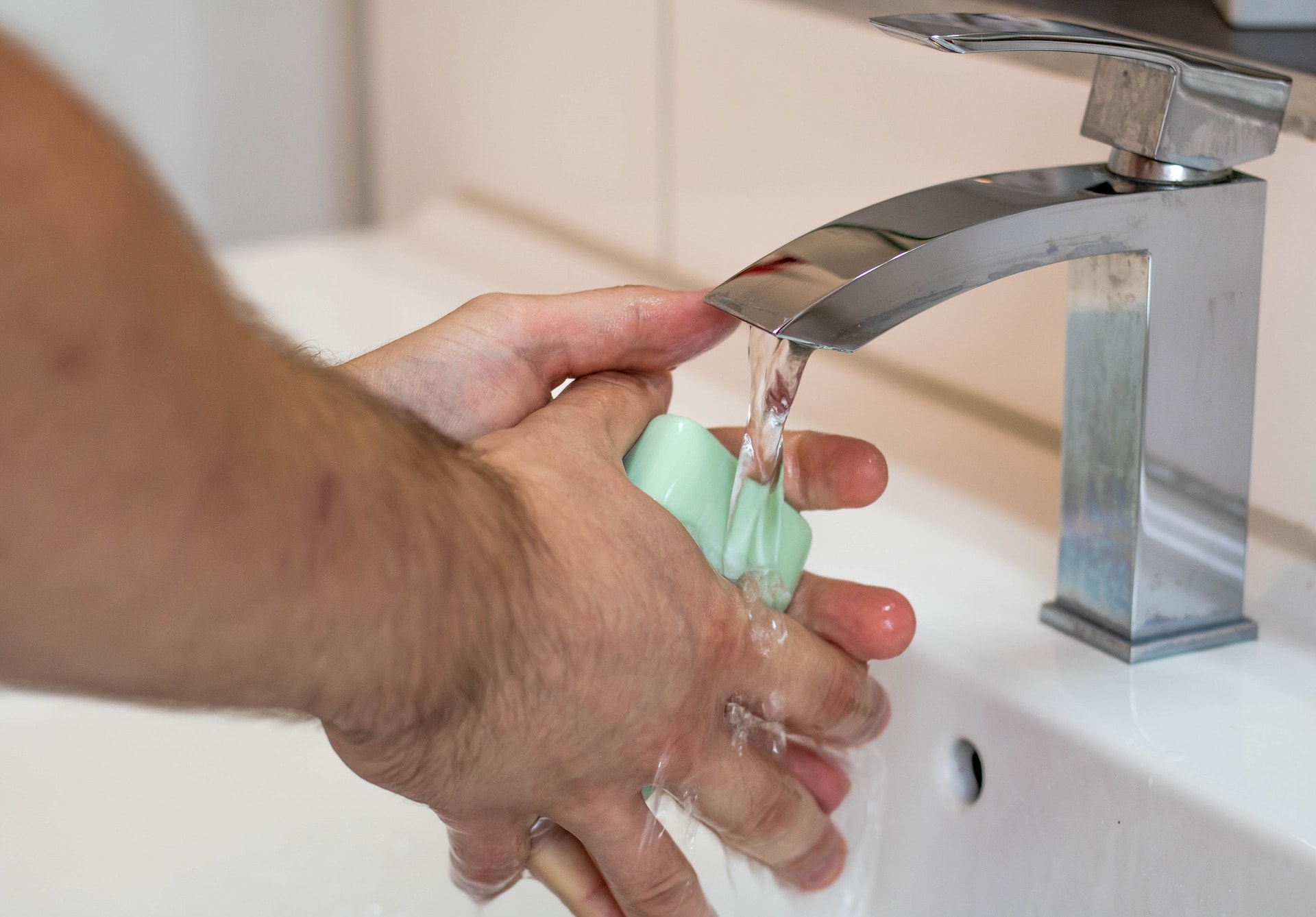Better Hand Washing – The Key To Lowering Infection
Infections
Your doctor had better scrub up before and after seeing his patients. It may be the key to preventing drug resistant staph infections. Researchers of the Centers for Disease Control and Prevention (CDC) have found that cases of methicillin-resistant staph (MRSA) have declined dramatically since aggressive efforts to control the spread of the bacteria responsible have been implemented. These efforts include better and more frequent hand-washing by health care professionals, as well as efforts to test patients for MRSA before they are admitted into the hospital. According to the lead author of the study,Dr. Alexander Kallen, in nine metro areas, cases of MRSA fell about 16 percent between 2005 and 2008. That estimates to a drop from about 32 cases per 100,000 to 26 cases per 100,000 people.
MRSA can present differently in individual patients. According to the CDC researchers, although most patients only develop a skin infection or a boil-like mark, others can be plagued by an invasive form of the infection that can invade and the patient’s skin, bones, blood-stream and lungs. This form can result in death. Those patients more at risk of MRSA include those with open-wounds, invasive devices, or weakened immune systems. If you are a patient at a hospital, make sure to ask your doctor to wash his hands if you haven’t seen him do so. It could be the key to preventing you from developing a case of MRSA.
I think it is wonderful that instances of MRSA infections has dramatically decreased. I am also delighted that doctors and nurses are taking more time to do thorough hand-washing before and after treating patients, and that hospitals are testing patients for MRSA during the hospital admission process. A legal assistant that works for me once worked in the Department of Infection Control at her local hospital over ten years ago. One of her assigned tasks was to implement a study to measure whether or not physicians were following hand-washing protocol that was in place. She was disgusted to find that less than 20% of the physicians she observed were following the protocol and reported to her supervisor that changes must be put in place immediately. I am sure that this new report would make her smile, as well as put a smile on her supervisor’s face. I applaud the medical community for fighting to combat the bacteria that causes these infections and hope that they continue their efforts.
